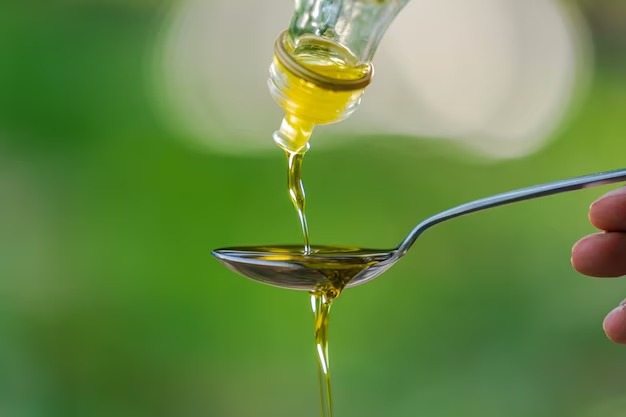Seaweed, also known as kelp, nori, or marine algae, comes in a variety of shapes, sizes, and colours.
Each variety offers its distinct taste and texture. Seaweed is surprisingly versatile and can be enjoyed in a multitude of ways.
Here are 7 amazing reasons to consider adding a touch of the ocean to your plate:
1. Nutrition
Seaweed is a nutritional goldmine, brimming with essential vitamins and minerals that your body needs to thrive. It’s an excellent source of iodine, a vital mineral for healthy thyroid function. Just a small amount of seaweed can meet your daily recommended intake of iodine, helping to regulate your metabolism, energy levels, and brain function.
Seaweed is also a good source of vitamins A, C, E, and K, all essential for maintaining a healthy immune system and promoting cell growth and repair. Seaweed is also a natural source of magnesium, essential for regulating blood pressure and muscle function, as well as iron, which helps transport oxygen throughout your body.
It contains calcium, crucial for strong bones and teeth, and potassium, which helps maintain healthy blood pressure.
2. Gut health
The human gut is a complex ecosystem teeming with trillions of bacteria, both good and bad. A healthy balance of these microbes is crucial for health and digestion. Seaweed is a prebiotic, meaning it provides nourishment for the good bacteria in your gut. These friendly bacteria help with digestion, and nutrient absorption, and even play a role in immune function.
By feeding these good bacteria, seaweed helps to create a thriving gut environment that keeps you healthy. Studies have shown that a balanced gut microbiome can help reduce the risk of digestive issues like constipation and irritable bowel syndrome, as well as strengthen your immune system against harmful pathogens.
3. Weight management
If you’re looking for a natural way to manage your weight, seaweed might be your new best friend. Seaweed contains a type of fibre called alginate, which forms a gel-like substance in your stomach. This gel helps you feel fuller for longer, promoting satiety and reducing cravings. This, in turn, can lead to a decrease in overall calorie intake and support weight management efforts.
In addition to its fibre content, seaweed is naturally low in calories and fat, making it a guilt-free way to add variety and nutrients to your meals.
4. Heart health
Heart disease remains a leading cause of death worldwide. The good news is that seaweed might offer some protection for your heart. Seaweed contains healthy fats, including omega-3 fatty acids, which have been shown to promote heart health by reducing inflammation, lowering bad cholesterol levels, and improving blood pressure.
Seaweed may also help to prevent blood clots, which can block arteries and lead to heart attacks and strokes. Furthermore, its rich supply of antioxidants helps fight free radicals that can damage blood vessels and contribute to heart disease.
5. Blood sugar control
For people with diabetes, managing blood sugar levels is crucial. Seaweed might offer some unique benefits in this regard. Studies suggest that certain types of seaweed, like wakame and fucoidan, may help regulate blood sugar levels. These seaweeds may slow down the absorption of carbohydrates in the gut, preventing blood sugar spikes after meals.
Additionally, seaweed may improve insulin sensitivity, allowing your body to utilise insulin more effectively and keep blood sugar levels under control.







































